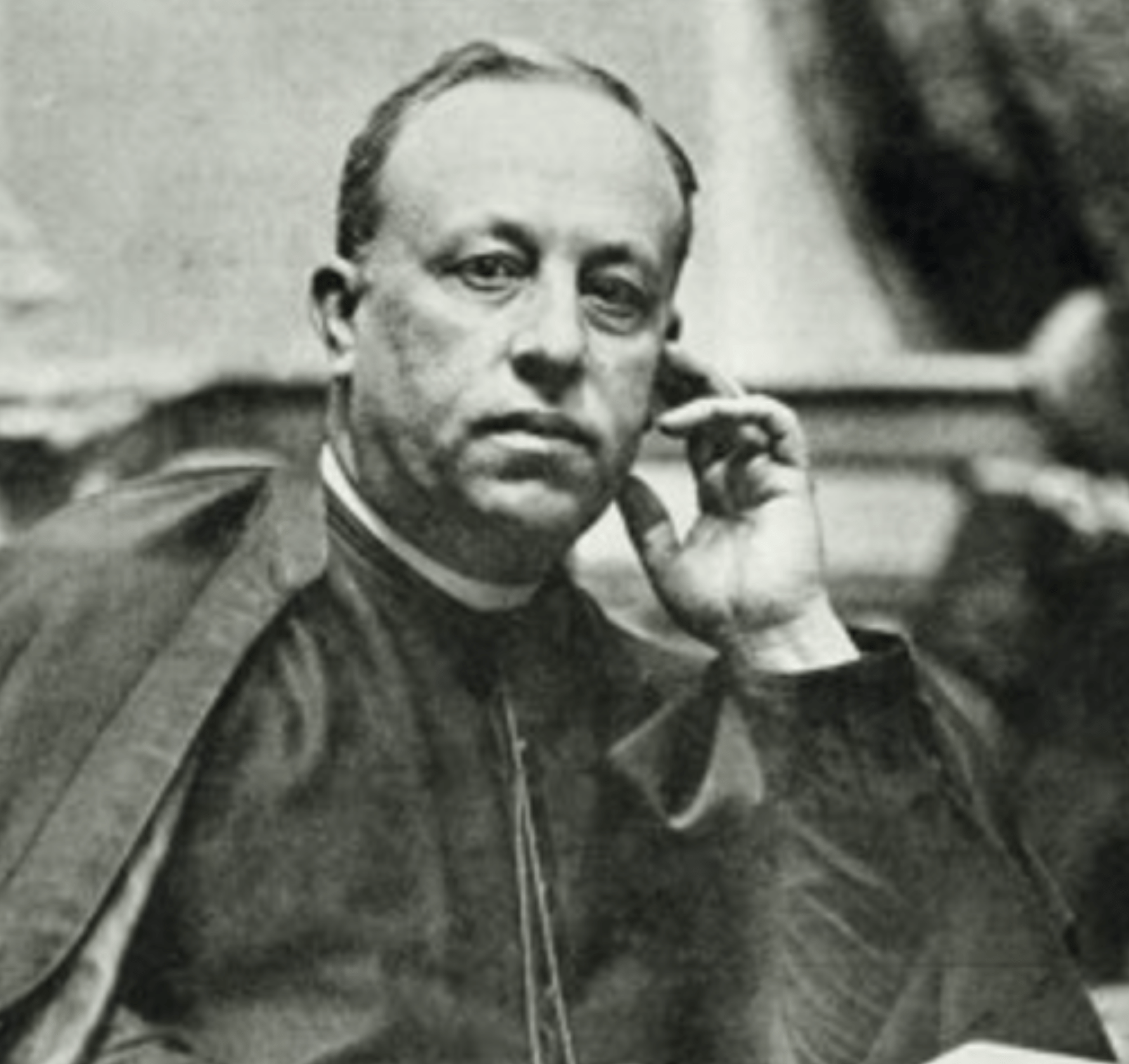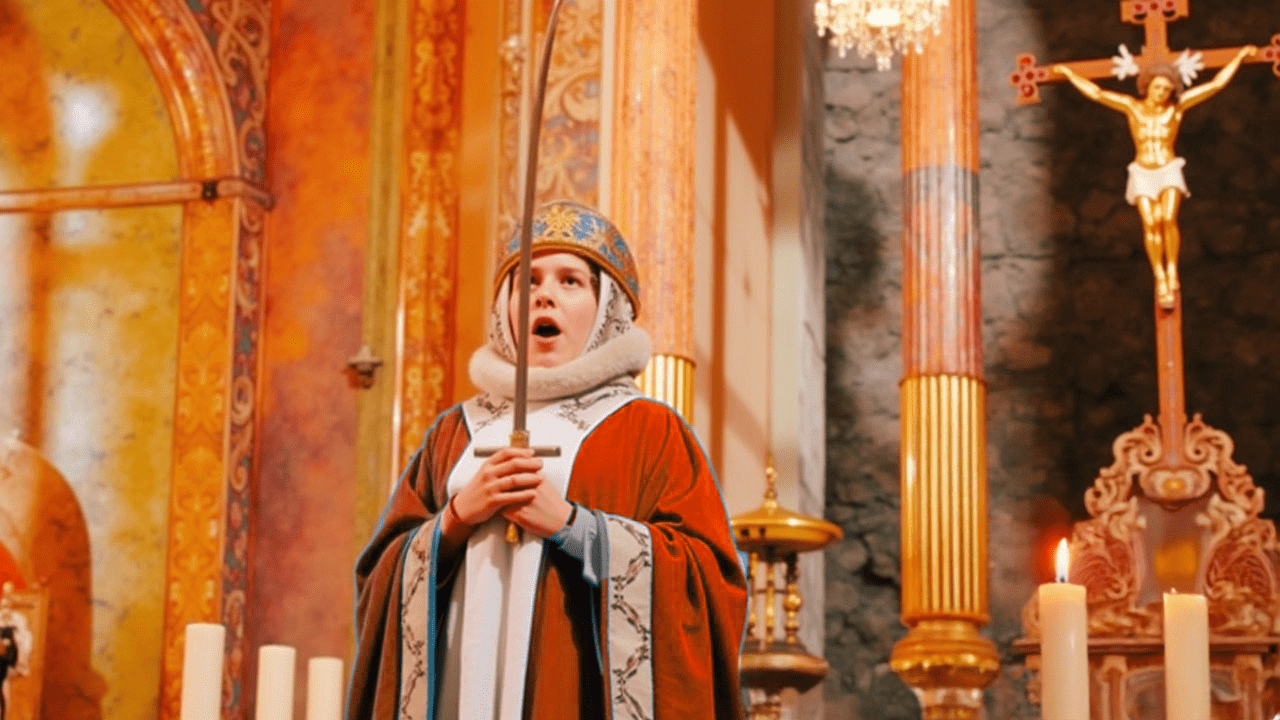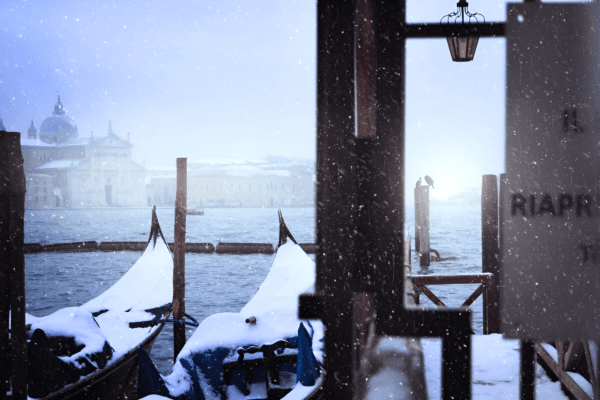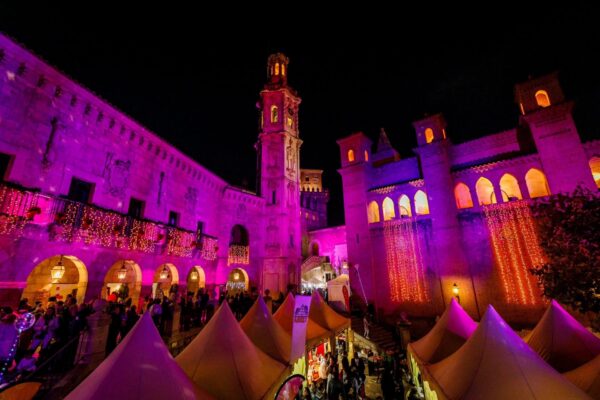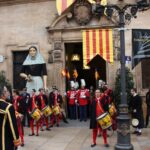Miquel Costa i Llobera, one of the most distinguished voices in Mallorcan literature, carved his name into the canon of Catalan-language poetry during the late 19th and early 20th centuries. A native of the island, Costa i Llobera’s works not only celebrate the natural beauty of Mallorca but also delve into its deep cultural and historical roots. His poetry, filled with romantic and classical influences, captures the essence of a bygone Mallorca while placing him among the great poets of his time.
From his renowned ode, “El Pi de Formentor”, to his philosophical reflections in “Horacianes”, Costa i Llobera’s literary journey intertwines the landscape of Mallorca with the ancient world, creating a unique poetic voice that continues to resonate in Catalan letters today. Literary historian Marcelino Menéndez y Pelayo once praised him as “a brilliant genius who would have been a great lyric poet in any country and in the finest literary eras,” reflecting the timeless quality of his contributions.
The Writer’s Early Life
Miquel Costa y Llobera was born in the town of Pollença in 1854 to a family of rural landowners. When he was eleven, Miquel’s mother died, and his maternal uncle became his main parental figure. A doctor, he instilled in Miquel a love for nature and the literary classics such as Horace and Virgil.
Youthful Doubts and First Success
As a teenager, Miquel began studying law. From 1872, he studied in Barcelona and later in Madrid. Throughout this time, he was tormented by doubts about his career choice, and after three years, Miguel decided to leave university and dedicate his life to poetry. That same year, in 1875, he wrote “El Pi de Formentor” and, together with Joan Alcover, became known in literary circles as part of the “School of Mallorca.”
Toward the end of the decade, Miquel composed his second successful ode, “Oda a Horacio.” However, Costa y Llobera had serious doubts about the ode, fearing it might be seen as a form of “idolatrous praise of the refined Roman poet,” which, as a Catholic, he could not accept as it came too close to a pagan ideal.
Before publication, Miquel sent the freshly written ode to several of his acquaintances, and by a stroke of luck, the ode was eventually included in a book dedicated to Horace’s influence in Spain.
The Church and Poetry
In 1880, Miquel began his career in the Church. In 1885, he traveled to Rome, where he earned a doctorate in theology from the Pontifical Gregorian University, returning to Spain five years later.
For the next few years, he dedicated himself to the church and to writing poetry. It wasn’t until 1899 that his only collection of poems in Spanish, titled “Líricas,” was published. It included poems written in Italy and Madrid. The collection received positive reviews from friends and patrons, particularly Antoni Rubió i Lluch, as well as writers Juan Valera and Marcelino Menéndez y Pelayo. The latter believed Costa’s work was on par with that of his contemporaries.
In 1902, Costa i Llobera received the title of “mestre en Gai Saber” after winning three prizes at the Floral Games. In the same year, he was elected a member of the Royal Spanish Academy.
The Pinnacle of His Work
Further success came in 1906 with the publication of the Catalan-language collection “Horacianes,” which included sixteen odes dedicated to Horace, Virgil, and Manuel de Cabanes. In these odes, he attempted to reproduce the meters of ancient Greek and Roman lyric poetry, though he knew this was challenging for Romance languages. Menéndez y Pelayo highly praised his innovative approach, and Frédéric Mistral called his poems “melodious” and “worthy of the laurels of the Tiber.”
Pilgrimage
In 1907, the author, accompanied by other Mallorcans including Maria Antonia Salvà began a pilgrimage to the Middle East, which ended in Palestine and the Holy Land. Costa i Llobera kept a travel journal, which he recorded in the book “Visions of Palestine” (1908). In twenty-six prose pieces, the poet expressed the feelings and impressions evoked by the holy sites that he visited. A year later, he was appointed a canon of Palma’s cathedral.
In his final years, Miquel Costa i Llobera dedicated himself to teaching at the Institute of Catalan Studies. He died in his native Mallorca in 1922.
Text by Stefan Rairyan
